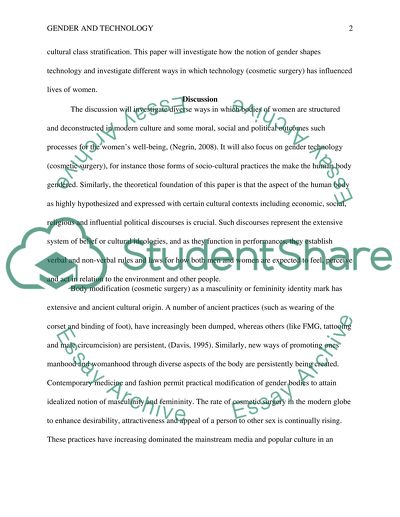Cite this document
(“Anything related to Gender and Technology Research Paper”, n.d.)
Anything related to Gender and Technology Research Paper. Retrieved from https://studentshare.org/information-technology/1463107-anything-related-to-gender-and-technology
Anything related to Gender and Technology Research Paper. Retrieved from https://studentshare.org/information-technology/1463107-anything-related-to-gender-and-technology
(Anything Related to Gender and Technology Research Paper)
Anything Related to Gender and Technology Research Paper. https://studentshare.org/information-technology/1463107-anything-related-to-gender-and-technology.
Anything Related to Gender and Technology Research Paper. https://studentshare.org/information-technology/1463107-anything-related-to-gender-and-technology.
“Anything Related to Gender and Technology Research Paper”, n.d. https://studentshare.org/information-technology/1463107-anything-related-to-gender-and-technology.


